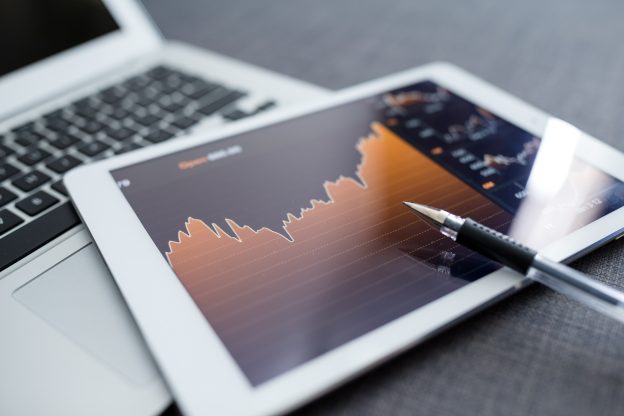The International Energy Agency (IEA) said that as of this October, governments around the world have allocated approximately US$470 billion for investments related to clean energy for the period up to 2030. Some of this amount is allocated to clean energy programs that are initiated as economic stimulus measures in response to the effects of the COVID-19 pandemic. Compared with this July, the level of global investments has gone up by about US$90 billion or 20%.
According to IEA’s analysis, governments have so far set aside a total of US$16.9 trillion to support their economies that have been impacted by the pandemic. Only 3% of this amount is purposed for clean energy investments. Meanwhile, IEA is warning that 2021 will be the year with the second largest annual increase on record for CO2 emissions.
IEA in its “Sustainable Recovery Tracker” stated that most of the governments’ investments in clean energy are in the form of subsidies for renewable generation, electric vehicles, and building retrofits for improving energy efficiency. Around US$2.3 trillion has been budgeted for long-term investments related to long-term economic recovery.
IEA’s analysis also pointed out that some countries are still formulating and authorizing new spending plans that contain substantial clean energy provisions. Besides subsidizing renewable generation and building retrofits, investment items also include grid optimization, green transportation system, green hydrogen, and carbon capture (along with storage and utilization).
Governments of the developed countries, which account for most of the global clean energy investments related to the recent economic recovery efforts, are near the spending levels recommended in IEA’s 2020 Sustainable Recovery Plan. The developed countries, in particular, have been strengthening their commitments in areas pertaining to energy efficiency, clean fuel, energy technology innovations, low-carbon transport, etc. Public spending in these areas has grown considerably in the recent years.
On the other hand, IEA in its analysis also noted that another US$400 billion has to be mobilized by actors in both the public and private sectors during the 2021-2023 period in order to reach about 40% of the spending levels recommended in the Sustainable Recovery Plan for the same period. Furthermore, IEA said that long lead time in the development of clean energy projects and lags in the implementation of governments’ clean energy policies are challenges that could delay the positive economic effects of related investments.
The developed countries are leading in clean energy investments, attaining about two-thirds of the levels recommended in the Sustainable Recovery Plan. IEA expects new infrastructure spending packages of France, Japan, and the US to make significant contributions if they are approved. Conversely, the developing countries have mostly reached just one-tenth of the recommended levels. Among them, only India is working on an infrastructure spending package that contains substantial clean energy provisions. IEA asserts that international financial assistance is key in helping the developing countries raise spending on clean energy projects.
According other recent reports by IEA, energy investments are going to return to the pre-pandemic level this year with a projected 10% annual increase to US$1.9 trillion. Likewise, energy demand is going to rebound this year with a projected 4.6% annual increase (compared with the 4% drop last year). Newspaper Guardian reported on November 4 that Fatih Birol, executive director of IEA, told the attendants of the COP 26 conference that the climate pledges of the delegate countries could keep the world’s temperature within 1.8 degrees Celsius of the “pre-industrialized level”. However, he also stated that the world is still “a long way” from heading off a “catastrophic climate emergency”.







